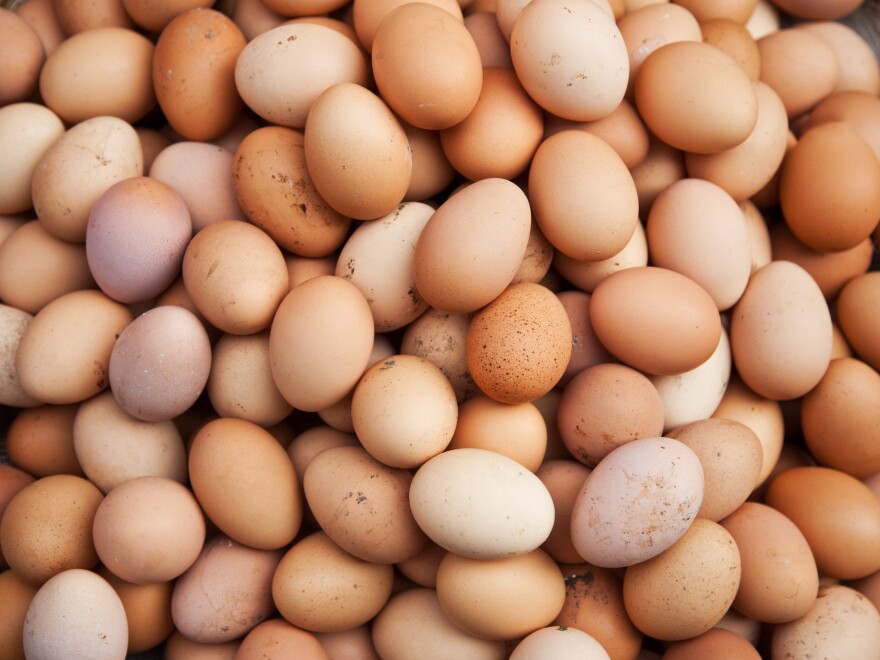Anyone in Massachusetts who still enjoys bacon and eggs for breakfast may be forced to opt for a healthier meal as of the new year. That's unless state lawmakers reach a last-minute deal to prevent new restrictions that could prohibit the sale of most eggs and pork products in the state.
A ballot question overwhelmingly approved by Massachusetts voters in 2016 tied humane treatment of chickens and hogs to the sale of eggs and pork products, beginning in 2022. Few farms meet those standards.
The egg industry predicts chaos, as 90% of available eggs in Massachusetts may become unavailable come January 1 if the law is not amended before then.
An egg compromise backed by both the New England Brown Egg Council and animal welfare groups who supported the 2016 ballot question has won approval from both the Massachusetts House and Senate. The compromise would require 1 square foot of space for each egg laying hen, instead of 1.5.
However, lawmakers are still trying to work out differences in their separate bills about whether also to change requirements regarding the sale of pork products. The House version of the legislation would delay a ban on the sale of pork derived from pigs in enclosed pens by a year. The Senate version leaves that part of the law intact.
"I don't want Massachusetts families to have to pay upwards of $5 per dozen of eggs come Jan. 1," said State Sen. Becca Rausch (D-Needham), one of six members of a committee appointed to negotiate a compromise. "That will be unaffordable to droves of Bay Staters."
Even if a last-minute deal is reached, changing the law while lawmakers are meeting only in informal sessions would require no objections from any member of either body.
Guests
- Steve Vandemia, President of Hillandale Farms
- Bill Bell, General Manager of the New England Brown Egg Council
- Susannah Whipps, Massachusetts State Representative






